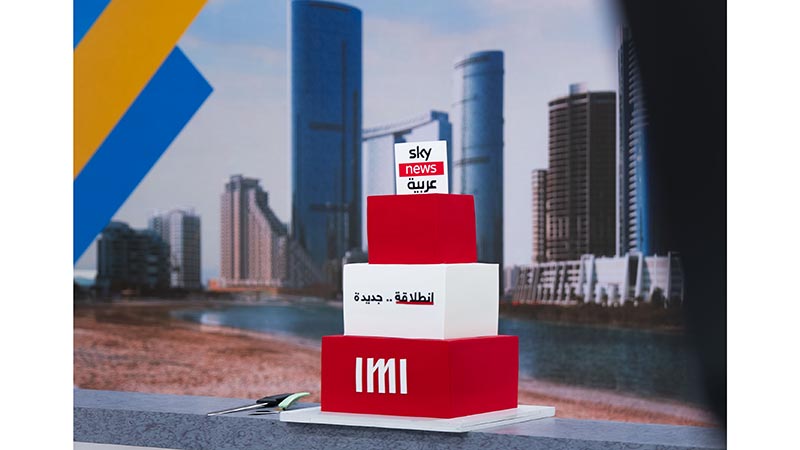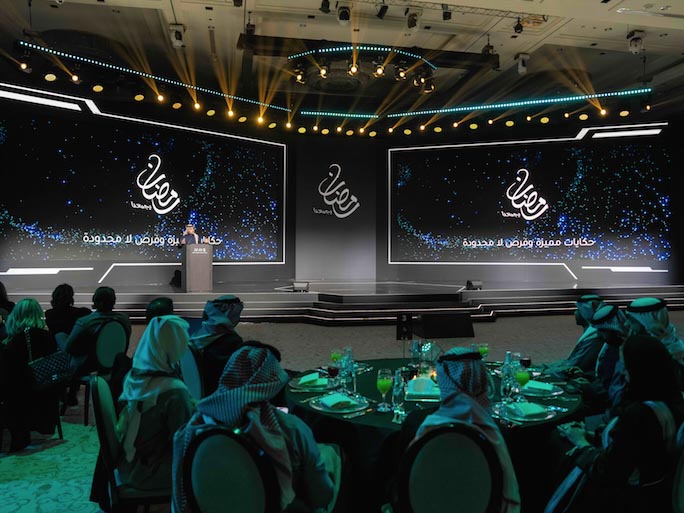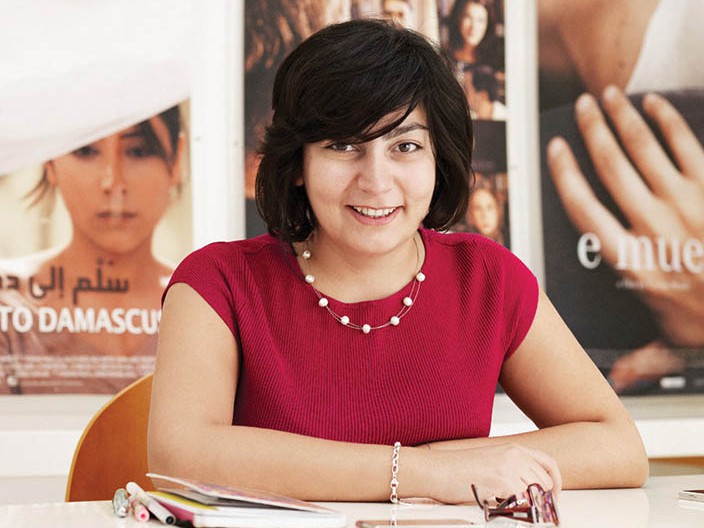Industry Talk
Where now for MBC?
by Iain Akerman
March 14, 2018
.jpg) Advertisement
AdvertisementOf all the uncertainties surrounding the region’s media industry, arguably the biggest and most far-reaching relates to MBC.
Last November the pan-Arab broadcaster’s chairman, Waleed Al Ibrahim, was detained along with scores of other powerful businessmen, princes and officials in what the Saudi government called a crackdown on systematic corruption.
Although Al Ibrahim was released in January, having made an undisclosed deal with the government, the nature of MBC’s ownership is now murky and confused. While media reports have stated that Al Ibrahim remains a director of the company, the Saudi government’s investment fund is believed to hold a controlling stake of 60 per cent, leading to accusations of the forcible transferral of assets.
According to Reuters, that 60 per cent had previously been owned by other members of the Al Ibrahim family, as well as Saleh Kamel, a Jeddah-based businessman who was also detained at the Ritz-Carlton in Riyadh during the crackdown. Amongst the other detainees was Prince Al-Waleed bin Talal, one of the richest men in the world and the majority owner of the Rotana Group.
What all of this means for MBC and the wider media industry remains unclear, but uncertainty and instability are the last things the marketplace needs. Advertising spend is dramatically down, while the industry as a whole is suffering from the dual challenges of economic turmoil and digital transformation.
But the confusion surrounding MBC raises a number of concerns, not least how government control will impact staffing and programming, whether a purge of non-Saudi employees is inevitable, and if the death knell has been sounded for the region’s most influential pan-Arab broadcaster.
Of particular interest is the fate of MBC’s relationship with the Choueiri Group. The Lebanese media sales house has handled the group’s advertising for years, yet speculation suggests it may lose the contract, with responsibility for MBC’s advertising sales potentially shifting to the Saudi Research and Marketing Group (SRMG). The latter’s chairman is Prince Bader bin Abdullah bin Mohammed bin Farhan Al Saud, a close friend of Crown Prince Mohammed bin Salman and the man named by Saudi newspaper Al-Madina in December last year as the new chairman of the MBC Group. Although the article was removed within hours of its publication and later denied, it did nothing to dispel the atmosphere of deep concern felt by employees of MBC.
“Should a new company end up with the MBC contract, it will need to have or rapidly gain a solid grasp of the TV market to counter the negative impact of a possible drop in ratings. It will also have to withstand the loss of advertisers while it develops the same level of trust advertisers and agencies have in the Choueiri Group.”
Few media companies engender as mixed a bag of emotions as the Choueiri Group. It is an industry giant, a behemoth, an entity surrounded by anecdotes, rumours and accusations of monopoly. It leaves no room for apathy from those who have dealings with it and remains the Middle East’s sole media sales powerhouse. It was once estimated that Antoine Choueiri, the group’s founder and father of the current chairman and CEO Pierre Choueiri, reigned over an empire that controlled 70 per cent of annual TV spend in the GCC and Levant. Although that figure has diminished in recent years, for such an entity to lose its key business partner would have huge implications not only for MBC but for the TV industry as a whole.
Openly discussing such a politically sensitive topic, however, is problematic, especially given the uncertain nature of the information involved. Other factors are also at play: the political tensions between Saudi Arabia and Lebanon; the kingdom’s push towards Saudisation; and the country’s determination to control all aspects of the media.
“What we’re seeing is the alignment of media ownership between Rotana, SRMG and now MBC Group,” said one media agency executive who requested anonymity. “We certainly expect further changes, like the programming for MBC Group. There is a risk that ratings will be affected negatively and any drop in viewership will lead to a reduction in advertising investments. A few TV channels may benefit from this but we anticipate digital platforms will be the prime beneficiaries.
“The commercial arrangements for the media representation of MBC Group are also up for review and the contract will either stay with the Choueiri Group or move to another organisation. In these uncertain times, keeping the Choueiri Group’s steady hand totally makes sense but business sense doesn’t always prevail. Should a new company end up with the contract, it will need to have or rapidly gain a solid grasp of the TV market to counter the negative impact of a possible drop in ratings. It will also have to withstand the loss of advertisers while it develops the same level of trust advertisers and agencies have in the Choueiri Group. If it ends up losing this contract, the Choueiri Group’s wings will certainly be clipped but it has plenty of other assets to focus on, including DMS. Either way, the TV market is in for a bumpy 2018.”
The biggest loser, however, could be television itself. State control is anathema to innovation and trust and will in all likelihood hand advantage to digital media companies, with over-the-top (OTT) distribution channels likely to benefit the most.
And although TV has largely avoided the catastrophic ad revenue losses of other media, with digital growth predominantly eating into the advertising share of print, radio and cinema, the government takeover of the region’s most important broadcaster could well change that.
“Google and Facebook, followed by other digital ad revenue platforms such as Snapchat and Twitter, have snapped up some of the best digital talent in the region and are a serious threat to TV sales teams,” says a media owner who requested anonymity. “Without the strong representation that the Choueiri Group offers MBC, TV in general won’t be as well represented, allowing Facebook and Google to dominate further.
“The TV industry is shifting to digital fast. If TV sales on OTT services are to be a match for Facebook and Google, then the incumbents – MBC being the largest – will need to innovate and have strong representation on all sides of the business. Not only are the likes of MBC and Rotana under threat from Facebook, but the new OTT players in the market – Netflix, Starz Play, and Icflix in addition to OSN offering Wavo – mean that MBC’s new properties face many shifting industry challenges.”




.jpg)










